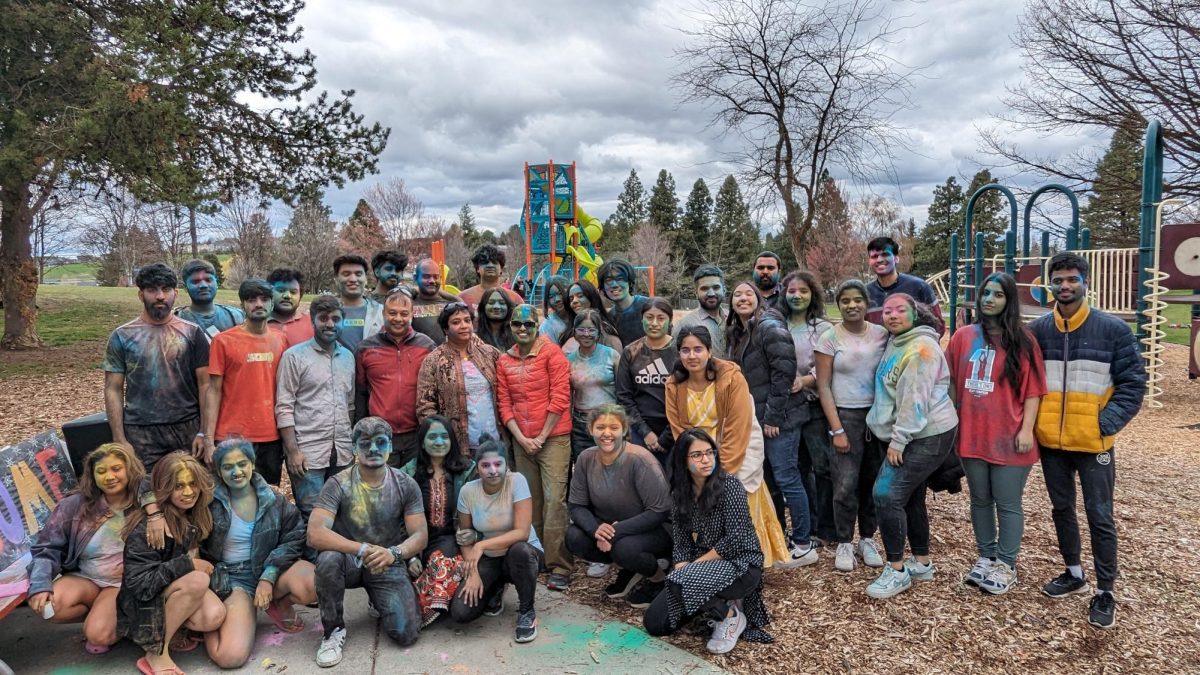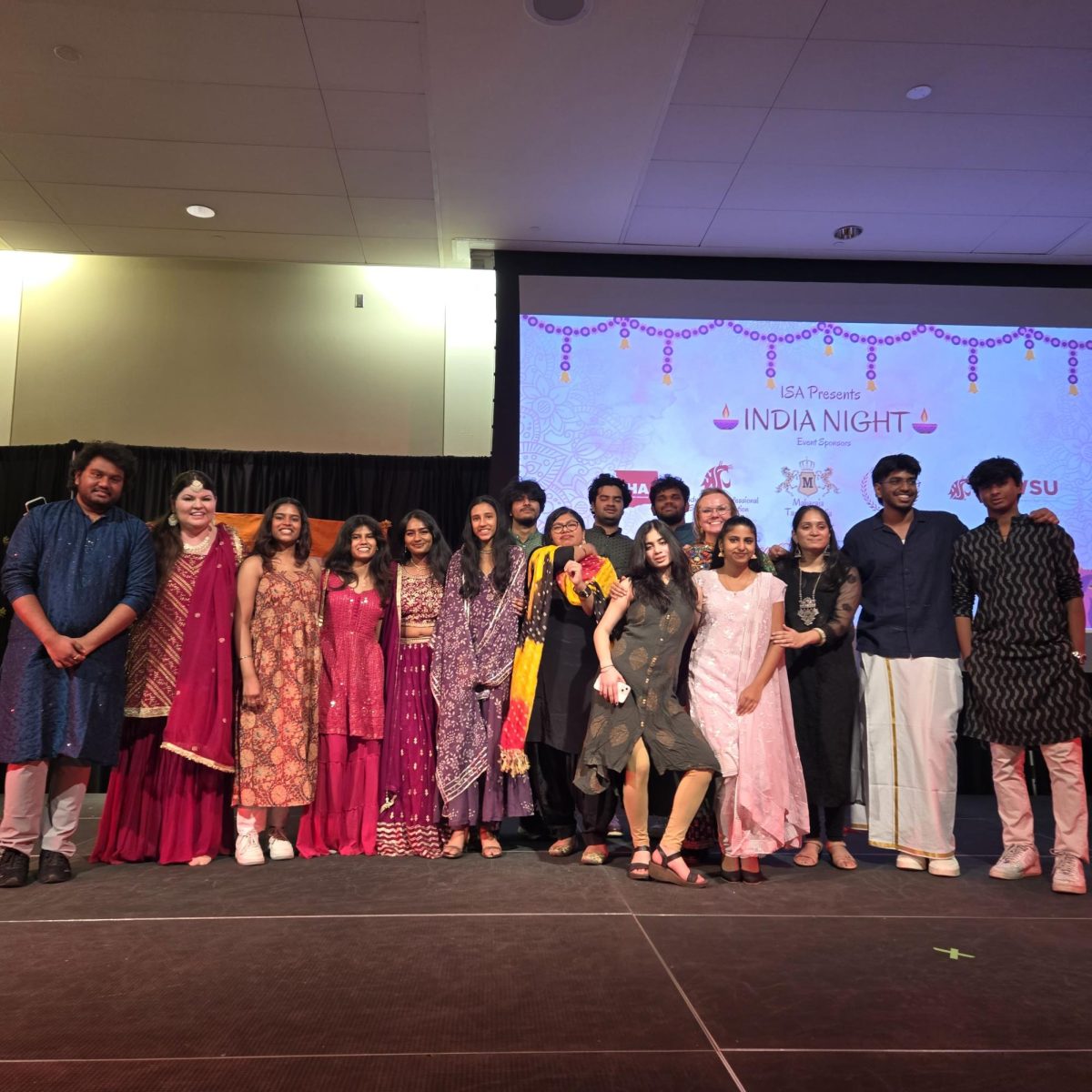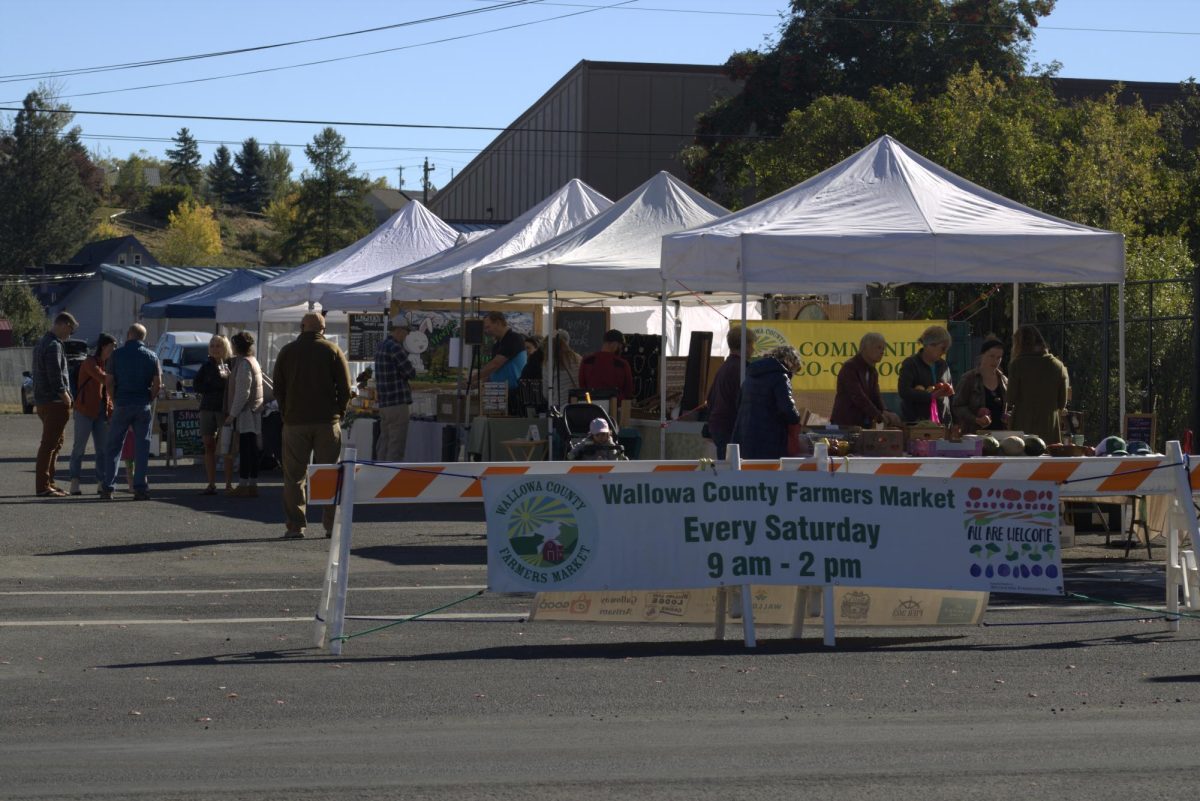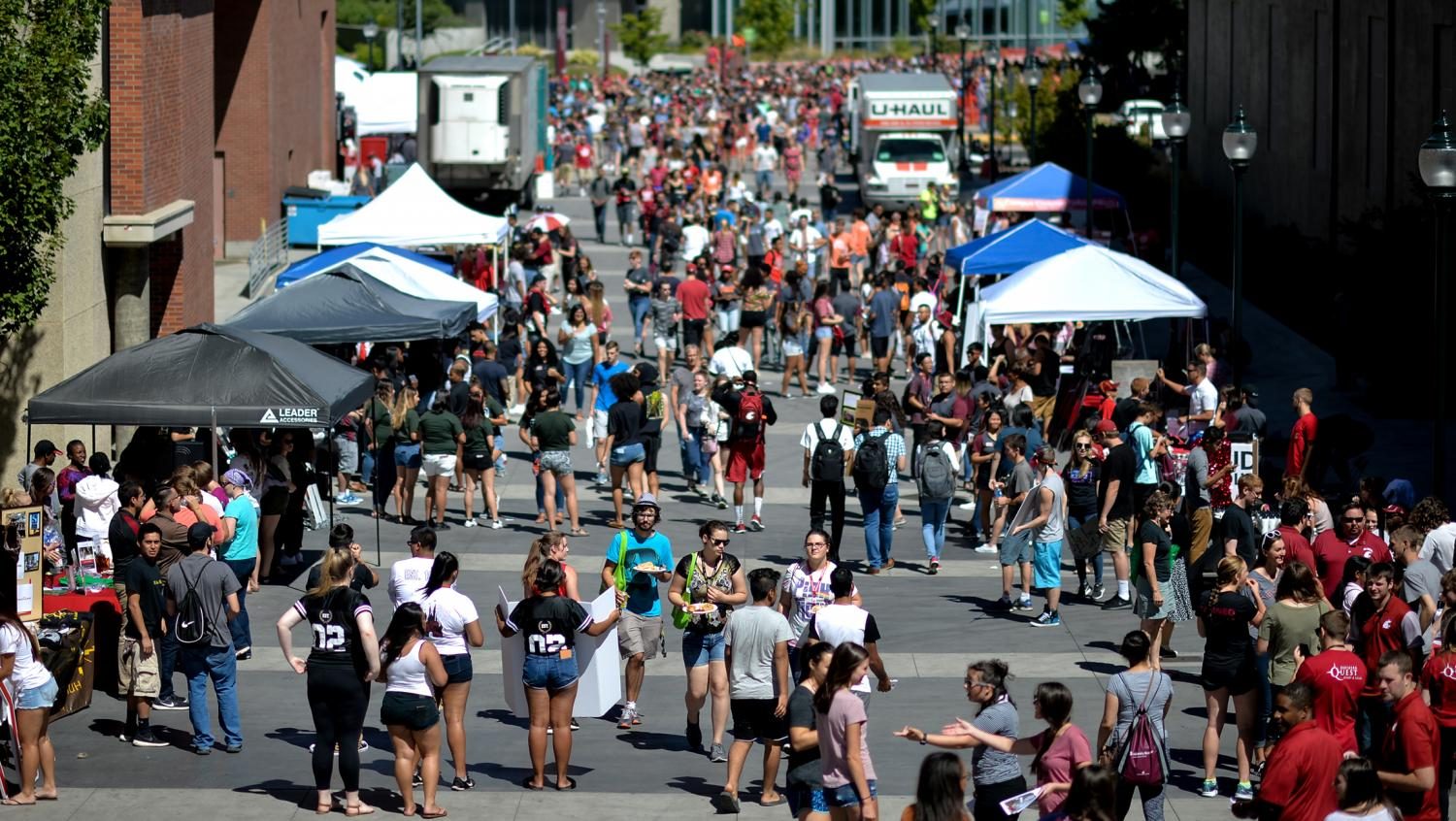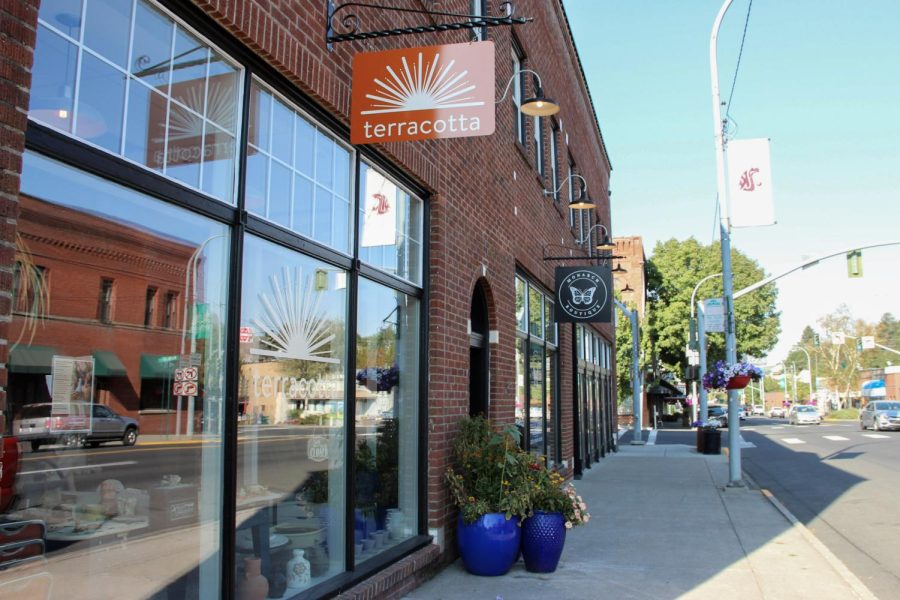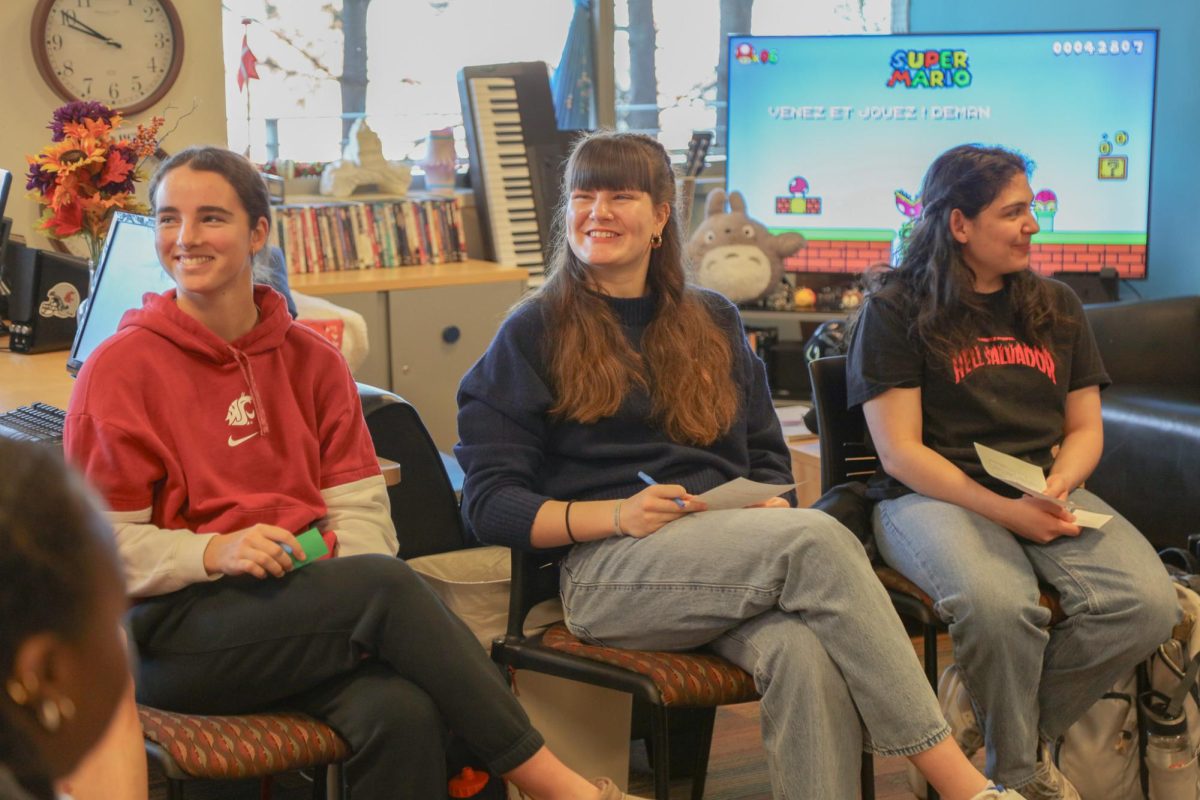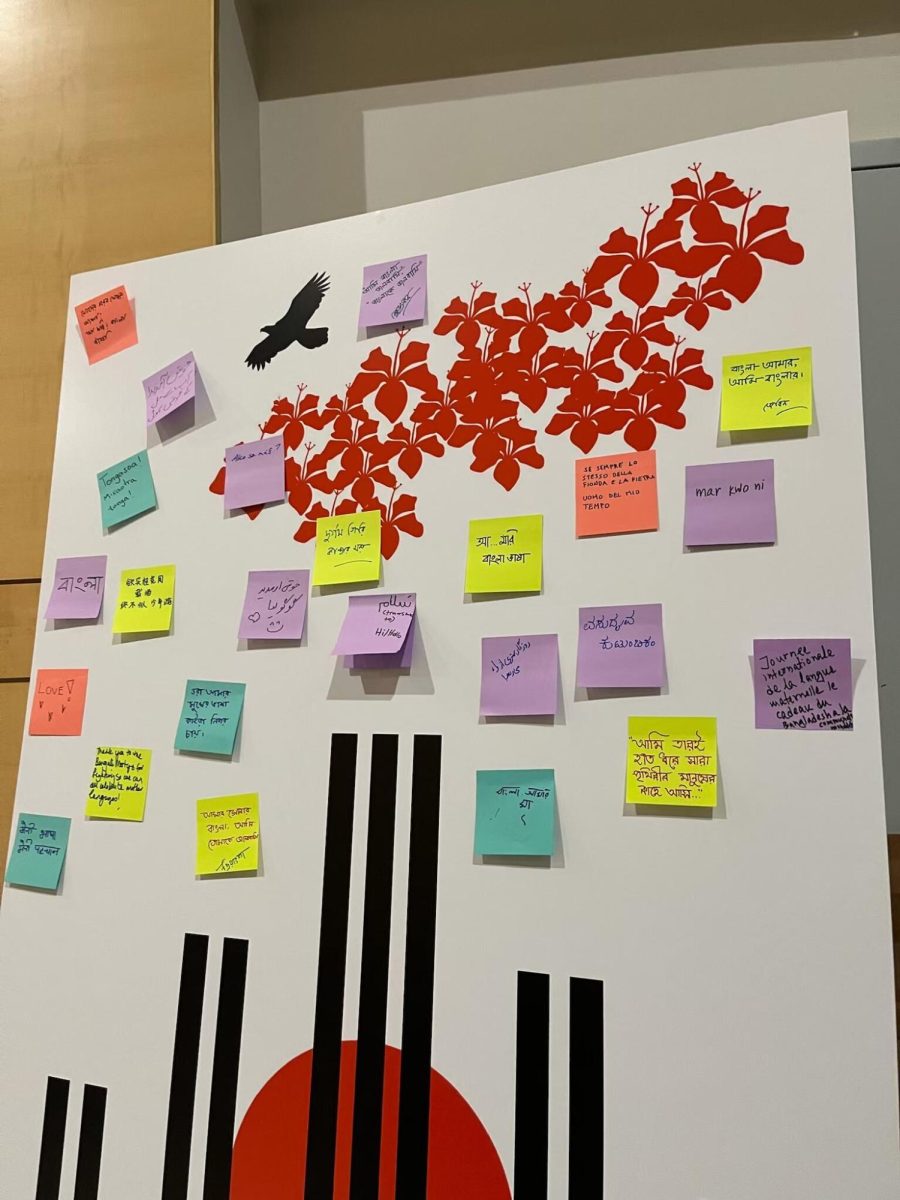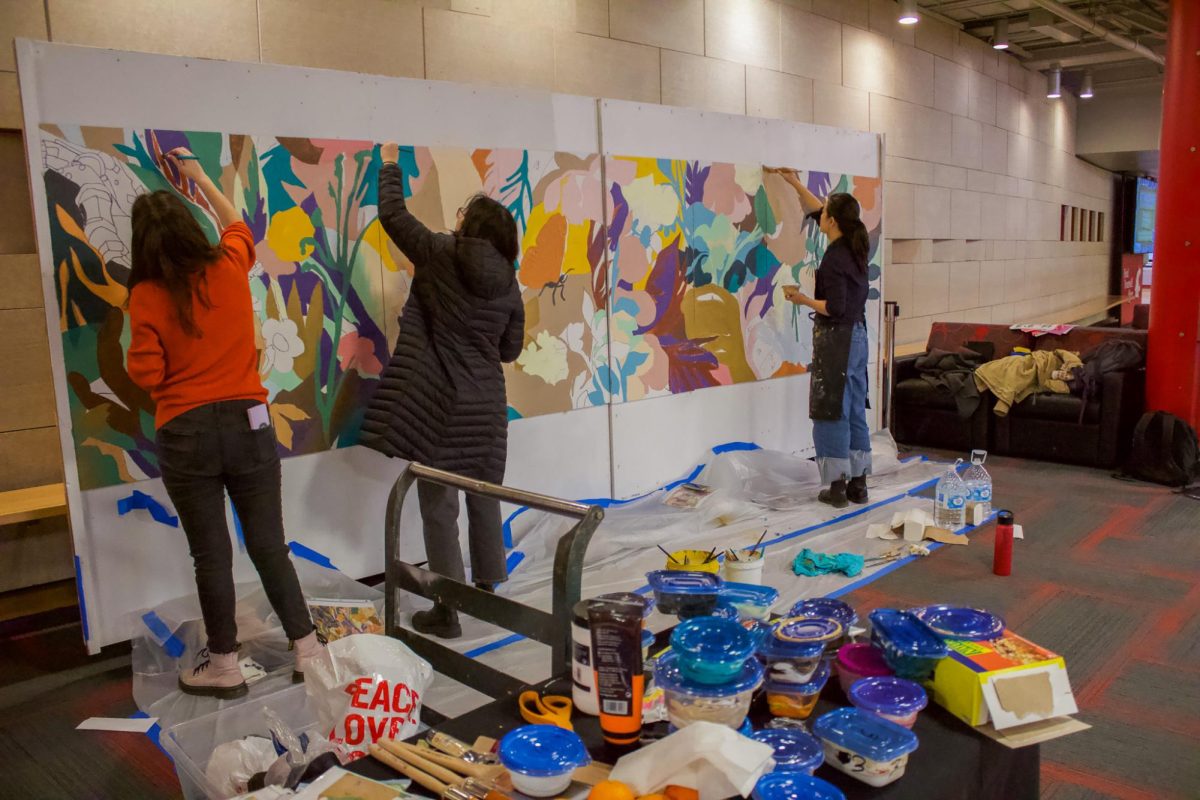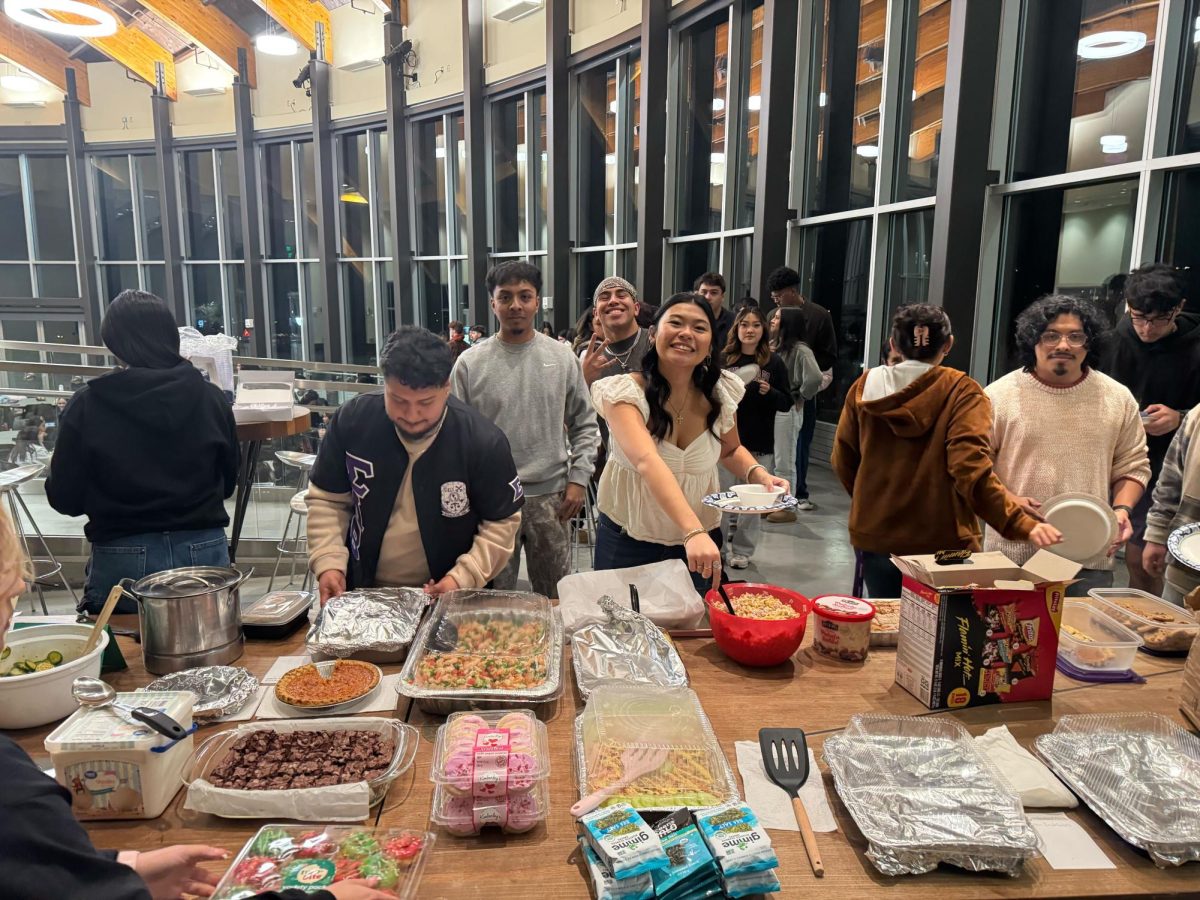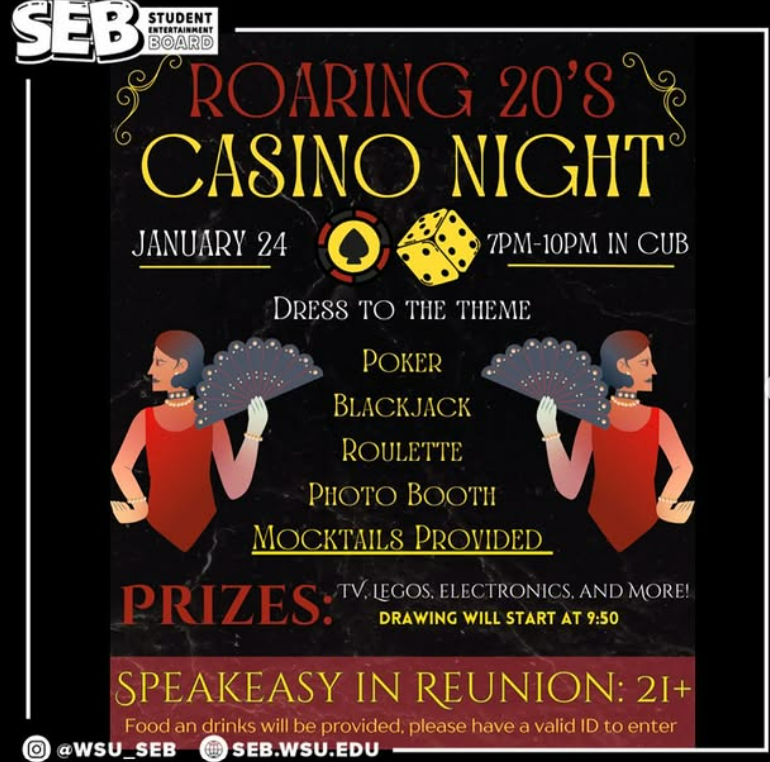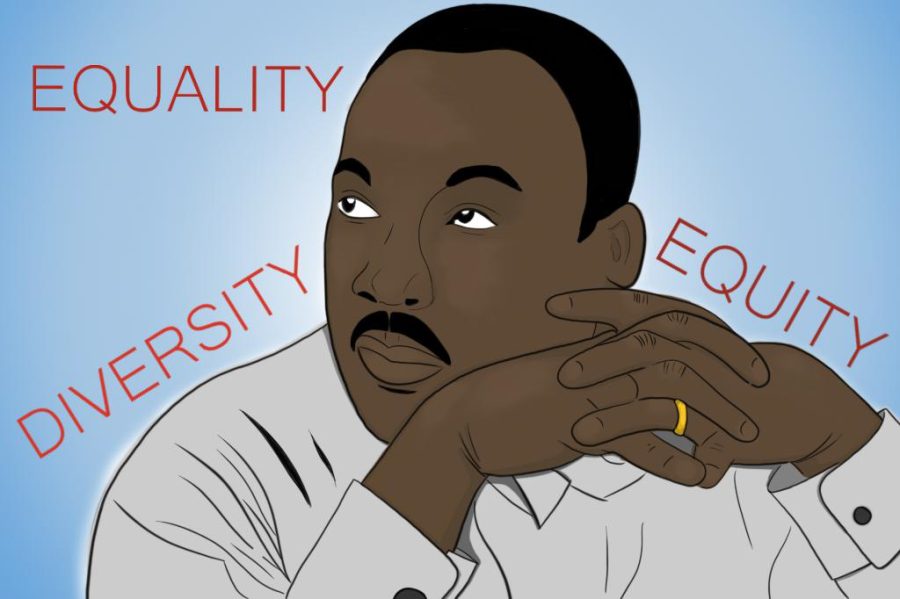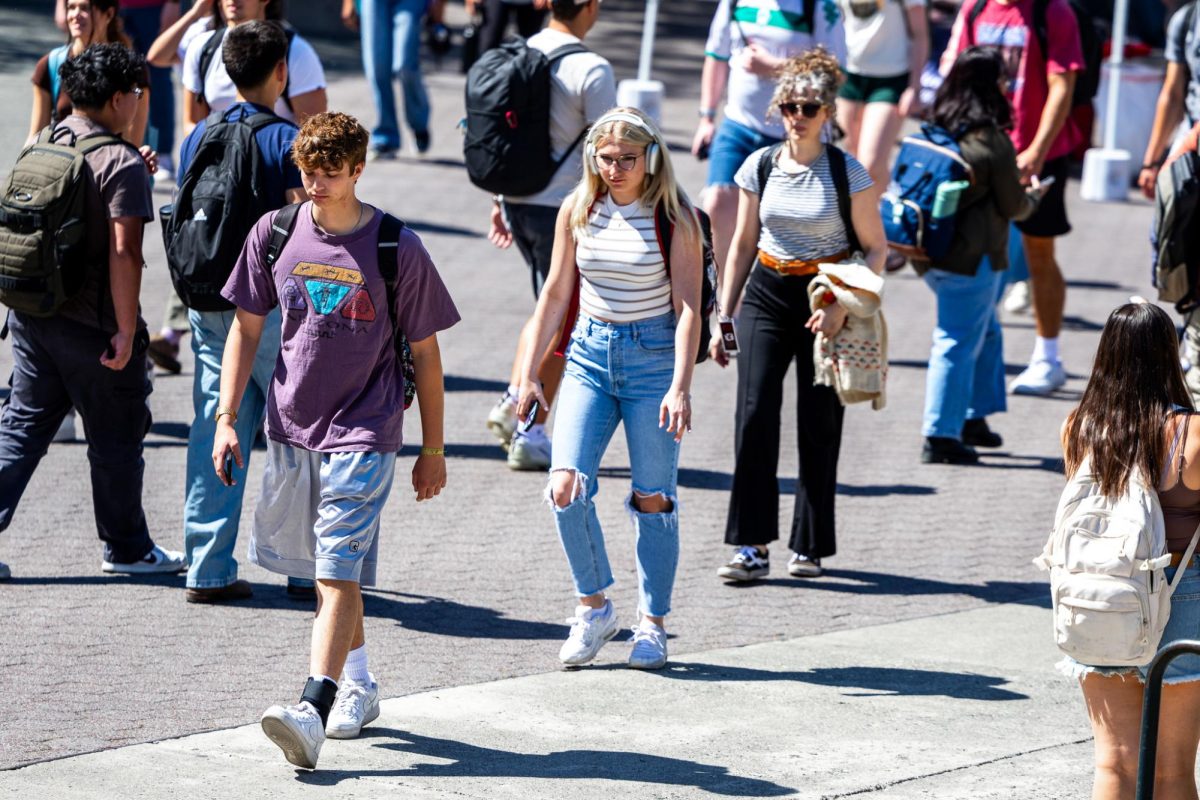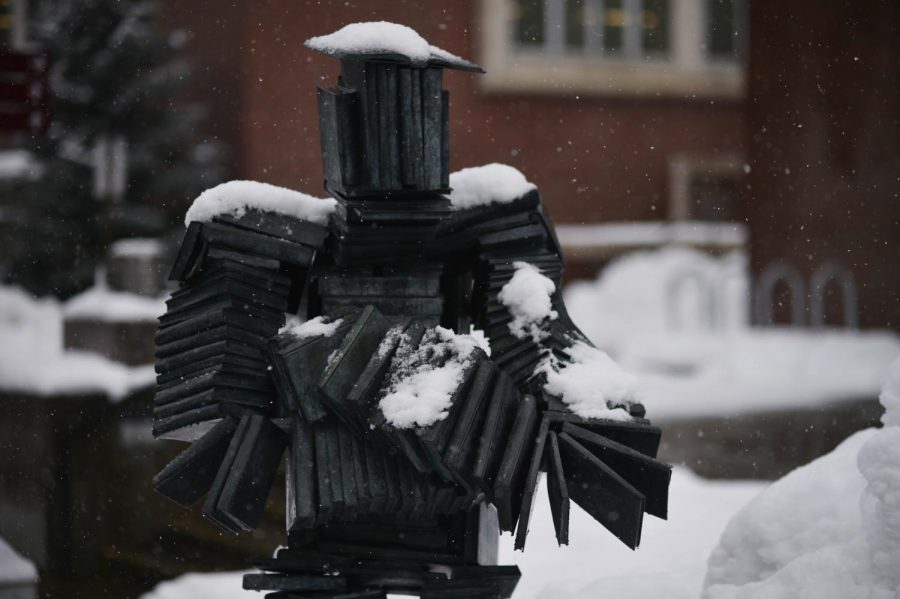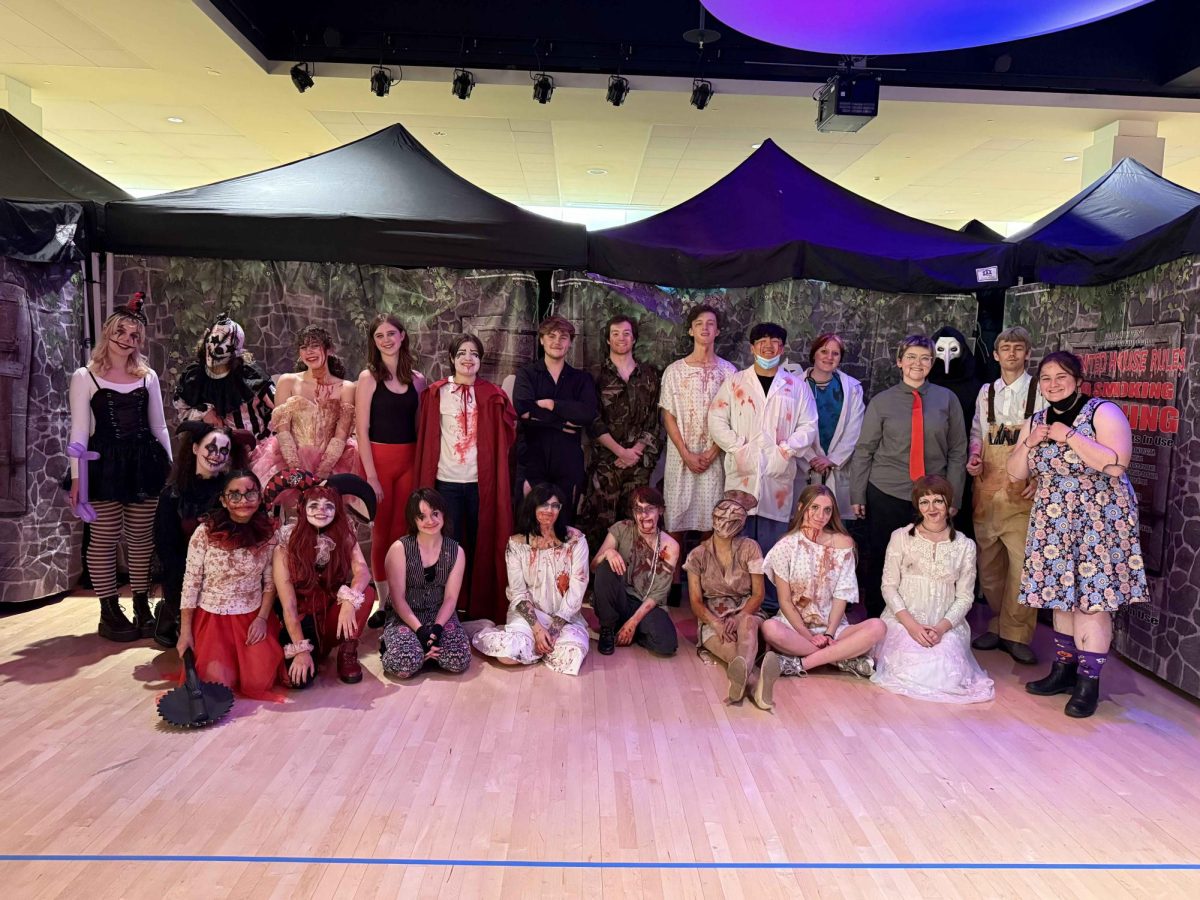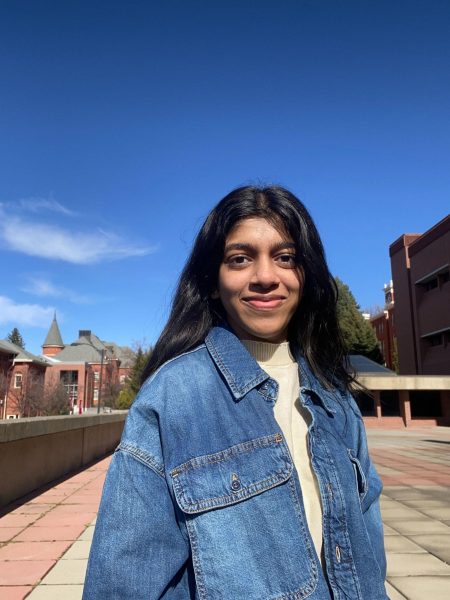Blues, pinks, yellows, greens and oranges dyed Sunnyside Park, where the Indian Students’ Association organized the Festival of Colors, Holi, on April 7 this year.
ISA vice president Meghana Mendon said people celebrate Holi in all parts of India to mark the win of good over evil in the legend of the goddess Holika.
The day before the celebration of color, people follow a ritual of burning a bonfire to symbolize Holika’s death, wrote Laasya Vajjala, ISA cultural events head, in an email.
The celebration involves throwing colors at each other, Mendon said. In this act, all the enmity and conflicts are said to be washed away.
“The colorful celebration symbolizes new beginnings,” Malhotra said.
People are allowed to be mischievous on Holi, throw colors at their family and friends and have water fights, Malhotra said.
“Holi is the time to let loose. It’s messy, it’s light, it’s a lot of fun,” Malhotra said.
The event began with an Indian feast, including samosas. Lively music filled the park, and ISA provided powdered colors soon after the food.
Malhotra commended ISA for organizing Holi, with a variety of food included in the $5 admission ticket.
“It is a great way to kickstart the festivities and get everybody energized for the colorful fun ahead,” event guest Rashi Rane said.
The colors were made of cornstarch and food color, and completely organic and harmless, Mendon said.
“When the colors got over, people just started dancing,” Mendon said.
Since Hinduism follows a lunar calendar, people celebrate Holi in spring, thus celebrating the beginning of a new year, Malhotra said.
Holi is also considered the Panchang New Year, which people mostly celebrate in March, Vajjala wrote.
Rane said she loves Holi since it rolls in as the weather begins to warm up. However, the cold weather did not allow the festivities to take place until April, Mendon said.
The sun peeking in and out and casting a golden hue on the festivities added to the already vibrant atmosphere, Rane said.
“It was a beautiful sight to behold: the colors mixing, music playing and everyone coming together in the spirit of the celebration,” Rane said.
The sense of unity and inclusivity made this Holi in Pullman special, Rane said. It did not matter where you came from; the experience was unlike any other.


